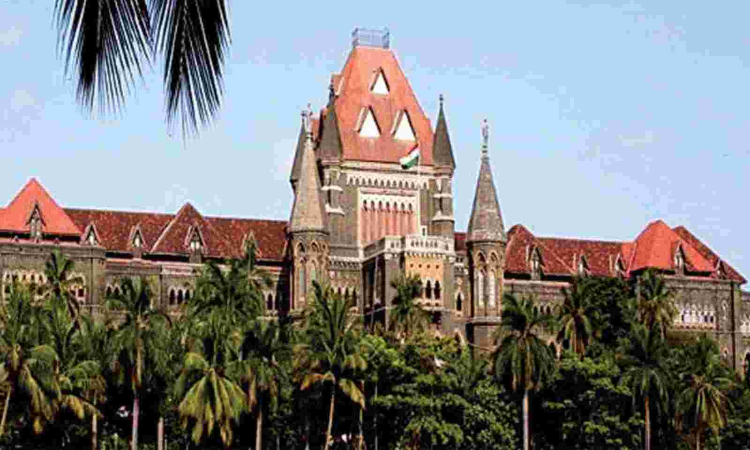Novation Of Partnership Deed, Arbitration Clause Contained In The Deed Can Be Invoked: Bombay High Court
Parina Katyal
18 May 2022 10:00 PM IST

Next Story
18 May 2022 10:00 PM IST
The Bombay High Court has ruled that the allegation of forgery is required to be dealt with at the stage of trial before the Arbitrator. The Single Bench of Justice A. K. Menon dismissed the contention that an arbitration clause cannot be invoked as a result of novation of the agreement containing the arbitration clause. The Court added that even though there had been a novation of...
